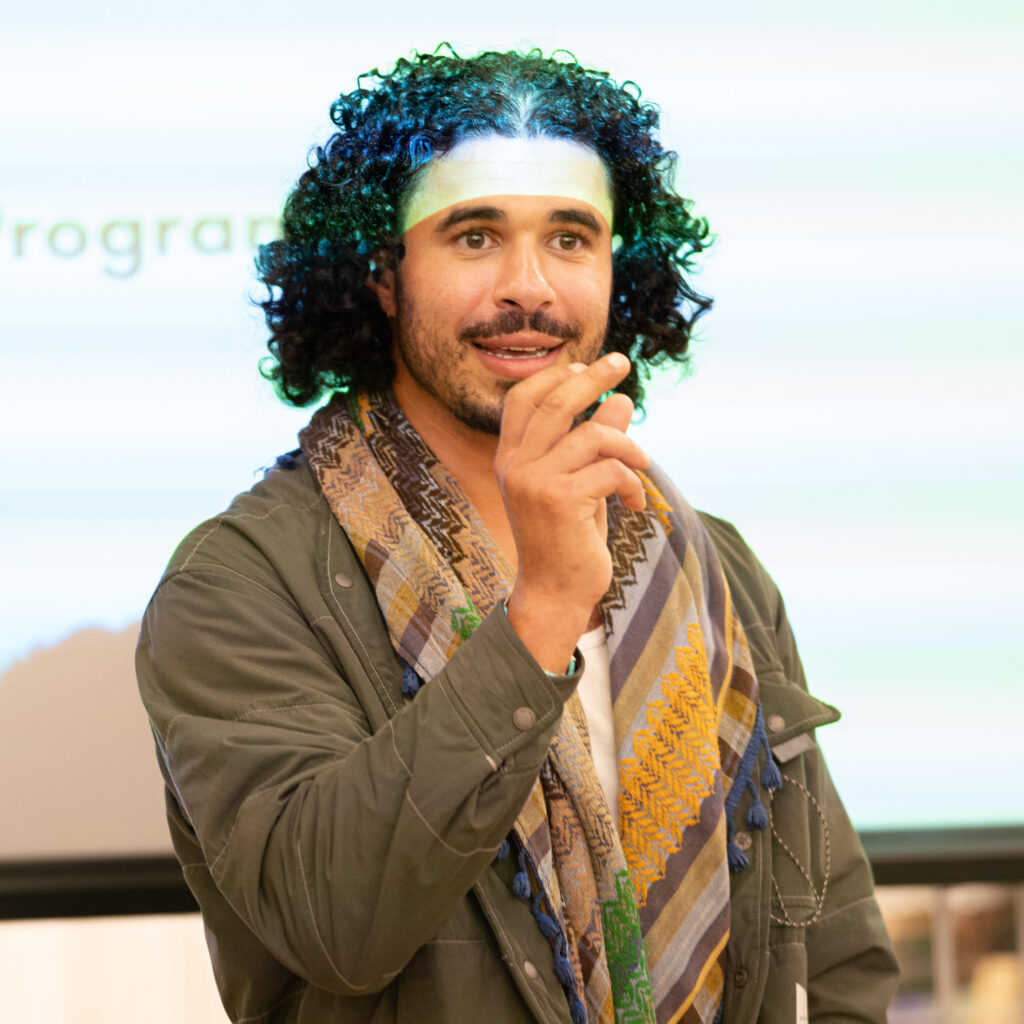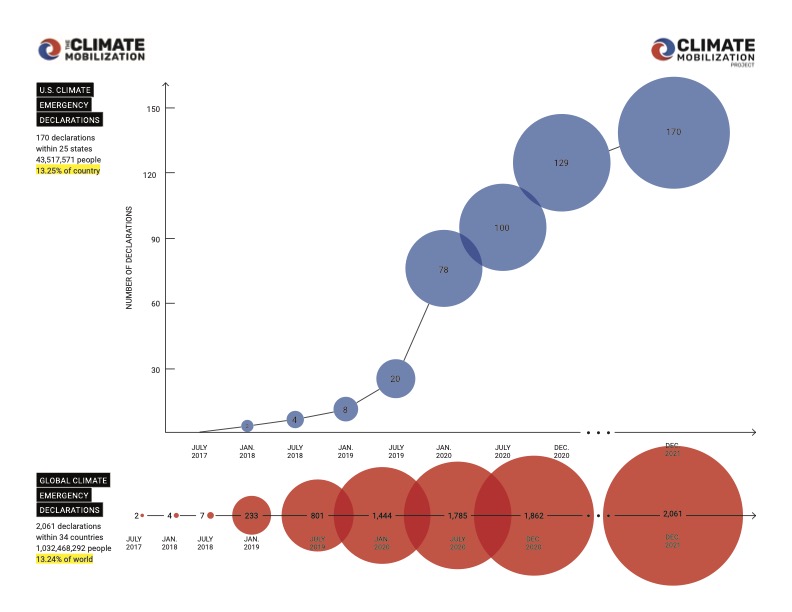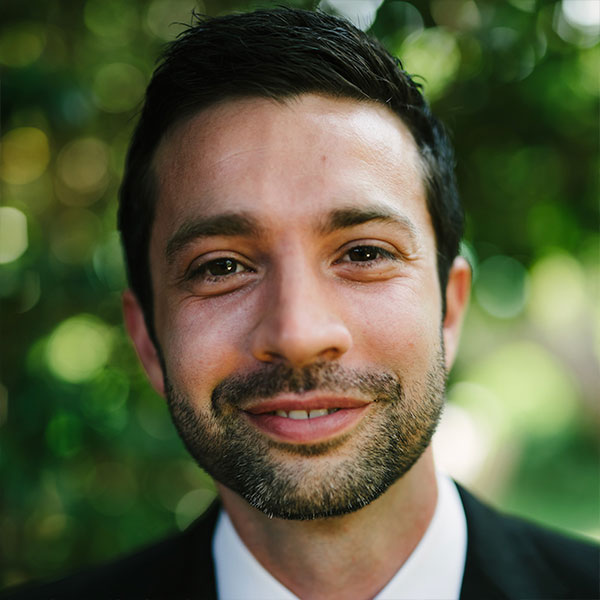Climate Emergency Movement
We continue to see an increase in Climate Emergency Declarations across the globe with 1,904 declarations within 34 countries and the European Union to date, covering 12.27% of the global population. In the U.S.,Thurston County, Washington recently joined the list, with a declaration on February 16.
Carbon Neutral Cities Alliance, a collaborative network of leading global cities working to achieve carbon neutrality, published a new report examining the impact of the Climate Emergency movement in 15 cities across the world. The report — This is Not A Drill: How Cities are Using the Climate Emergency to Make Big New Moves to Decarbonize Locally — is an excellent third-party verification of the importance and impact of the global Climate Emergency Campaign. It provides timely resources for activists and elected officials looking for practical knowledge and inspiration as they work to implement their climate emergency declarations and accelerate local climate action.
Climate, Weather, and New Research
Two weeks ago, snow, ice, and brutally cold temperatures rocked the U.S. south. Evidence suggests that the brutal, record-shattering cold weather was caused by rapid heating in the Arctic pushing cold air southward and disrupting previously well-established climate systems around the world.
Texas and Mississippi were hit particularly hard, with millions of people losing power, heat, and water in their homes due to grid infrastructure left vulnerable by decades of deregulation and a fossil fuelled power system. Some residents in Jackson, MS are still without clean drinking water. The Texas blackouts showed how climate extremes threaten energy systems across the U.S. and infrastructure failures demonstrated the vulnerability of multiple sectors in the face of weather extremes caused by climate change.
New analysis from the United Nations shows that despite increasingly ambitious emissions reduction pledges from countries, their combined impacts would put the world on a path to achieve only a 1-percent reduction in global emissions by 2030, compared to 2010 levels — an astounding failure that would doom global efforts to avert runaway climate breakdown.
Global greenhouse gas emissions levels are now on track to rise above where they were at the beginning of the COVID-19 pandemic, signalling that the initial dip in emissions due to economic shutdowns in high-emitting countries did not signal a lasting trend towards global emissions cuts.
The connections between the climate emergency and the COVID-19 pandemic are becoming clearer. Recent studies are examining shifts in the distribution of bat species and finding that with vegetation changes caused by the climate crisis, bats (carriers of various types of coronavirus) are moving into new areas of forest and carrying virus with them.
National and State Policy
The breakthrough Climate Emergency Act introduced in Congress by Representatives Earl Blumenauer and Alexandria Ocasio-Cortez, and Senator Bernie Sanders would mandate President Biden declare climate change a national emergency under the National Emergencies Act. This bill builds on the resolution that TCM backed and helped to develop in 2019, which would have put Congress on the record supporting a climate emergency declaration in the U.S. The new legislation is aimed at the Biden/Harris administration, who could use emergency powers to rapidly advance climate action without waiting for legislation from Congress, and could use these same powers to reorganize the executive branch to begin a true Climate Mobilization. The introduction of the bill follows public support of the concept from Majority Leader Chuck Schumer and seeks to get him on the record in support of this course of action.
In California, the ‘No time to waste’ bill would ban fracking in the state near homes and schools by 2022 and would extend the ban statewide by 2027. The bill was introduced by Senator Monique Limón, a true climate justice warrior who has been fighting fracking in her home district for years, and Scott Wiener, also a long-time climate advocate. This effort faces an uphill fight in a state known for climate laws that mandate the use of renewable energy but with a problematic legacy of influence and regulatory capture by the fossil fuel industry.
Petaluma, CA has become the first city in the U.S. to ban the construction of new gas stations. The city has also prohibited the expansion of the number of gas pumps at existing stations and is encouraging stations to transition to electric charging or hydrogen refueling. This is a milestone demonstrating the power of local governments to ban climate-damaging infrastructure expansion and should be copied by every city and county that is serious about the climate emergency.
Montgomery County, MD is leasing 300 electric school busses, the first set of which will begin transporting students next year. This transition to electric buses is the largest effort of its kind by a single school district, and represents a win for climate advocates, as well as public health advocates concerned with the adverse impact of diesel fuel emissions on the health of children.
Launch of Climate Awakening
Congratulations to Margaret Klein Salamon on the launch of her new project, Climate Awakening, which aims to unleash the power of climate emotions through thousands of small group conversations. Climate Awakening is a fiscally sponsored project of our 501(c)3 sister organization, Climate Mobilization Project.
Support Climate Mobilization
Thank you for your interest in our work! To donate to the grassroots effort to initiate a Climate Mobilization in the US and beyond, click here.

















